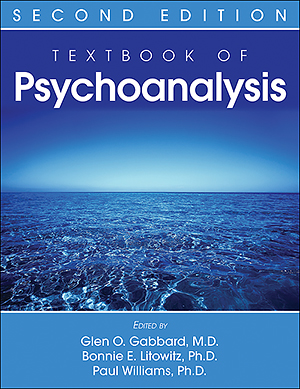Chapter 24.Ethics in Psychoanalysis
Sections
Excerpt
Psychoanalysis has a long history of deep ambivalence about ethics, defined as critical reflection about “right” and “wrong” actions and “good” and “bad” character traits and other states of affairs. Ethics differ from morality in that ethics provides arguments on behalf of basic normative standards and decision-making procedures, whereas morality is a more descriptive concept referring to how people do in fact think and behave within particular cultural contexts.
Access content
To read the fulltext, please use one of the options below to sign in or purchase access.- Personal login
- Institutional Login
- Sign in via OpenAthens
- Register for access
-
Please login/register if you wish to pair your device and check access availability.
Not a subscriber?
PsychiatryOnline subscription options offer access to the DSM-5 library, books, journals, CME, and patient resources. This all-in-one virtual library provides psychiatrists and mental health professionals with key resources for diagnosis, treatment, research, and professional development.
Need more help? PsychiatryOnline Customer Service may be reached by emailing [email protected] or by calling 800-368-5777 (in the U.S.) or 703-907-7322 (outside the U.S.).



